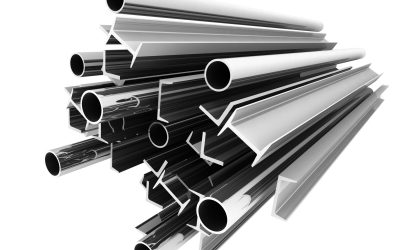There are many different options for testing and identifying different types of plastics. Different industries from OEM companies to development and manufacturing services may all need to determine the polymers in a composite or to determine any impurities in a manufacturing run.Составление бизнес плана инвестиционного проекта
In some cases, there may be an unknown plastic that has to be reverse engineered down to its most basic components. Through the use of very precise techniques with state-of-the-art equipment, this reverse engineering process can be highly effective, providing very specific information about even complex combinations of plastics used in both known and unknown types of materials.
Choose a Top Lab
For any type of plastics identification, choosing a top lab is critical. Since plastic is a lightweight material and only a very small sample size is required, working with a lab out of state or across the country is still a very economical option.
These labs will use the most effective testing methods given the known or determined qualities of the composite or the raw material. This can include the use of Thermogravimetric Analysis, Differential Scanning Calorimetry, Microstructural Analysis and Burn-off Testing.
Other possible testing options offered at top laboratories and test facilities specializing in plastics identification include Melt-Flow Index and Dilute Solution Viscosity. The lab will determine the most effective testing methods based on standards for testing and testing protocols developed with ASTM and ISO specifications.
Consider Testing Time
While the testing procedures are critical in plastics identification, the tests have to be completed and the results available in a very short period of time. Top labs will have the ability to complete tests and provide results in just a few business days. There are even a few labs that offer 24-hour service, which will be essential if there is a concern with production quality or the presence of contaminants or impurities in a production run or a supplier order.



